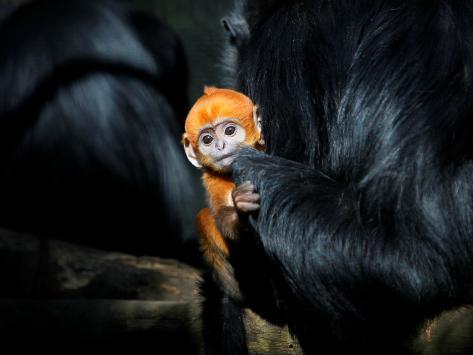The Monday Couple: Gary & Jihyo
Profile of Gary
Name: Gary the cheeky hamster
Gender: Male
Occupation: Jihyo's lover
Breed: Syrian (Grey in colour)
Profile of Jihyo
Name: Jihyo the blank hamster (Mong Jihyo)
Gender: Female
Occupation: Gary's wife
Breed: Syrian (Black stripe on her back, like sugar glider)
Hello guys! It has been 2 weeks since Psychology week and we just finalized the animal training video featuring Gary! Gary shows quite a big improvement throughout the agility training and we couldn't be more proud of him!
Unfortunately Jihyo did not get the chance to show off her talent probably because they're expecting some babies soon??!! Anyways, she has been a supportive wife to Gary all these while and everything went smoothly Alhamdulillah.
Thank you Dr. Lihanna Borhan for giving us this chance to explore the world of Psychology by dealing with animals that is apparently quite strange to some of us. To Red Velvet team, you guys are the best!! Thank you for each and everyone of you who directly or indirectly contributing to this group.













